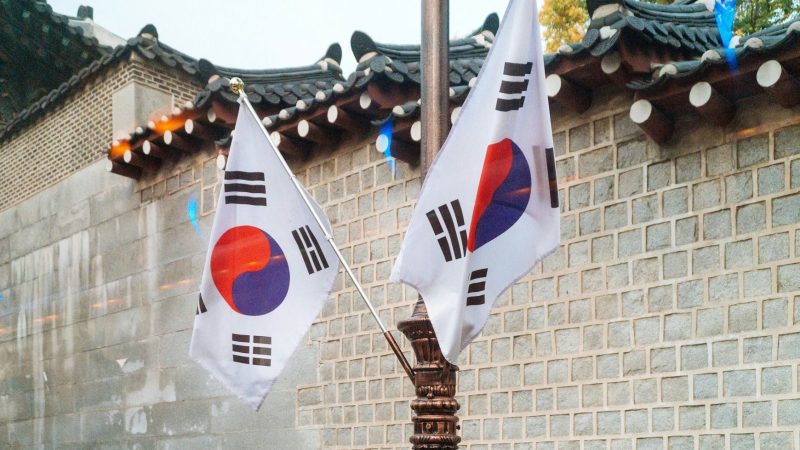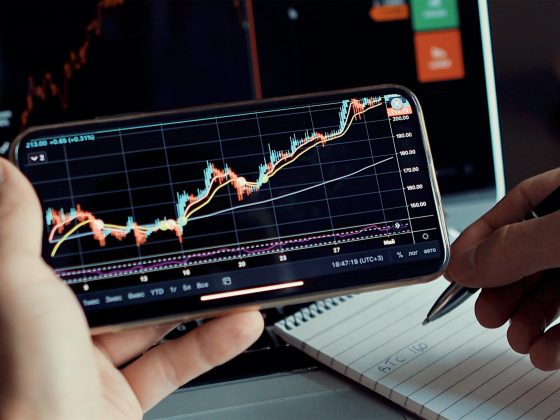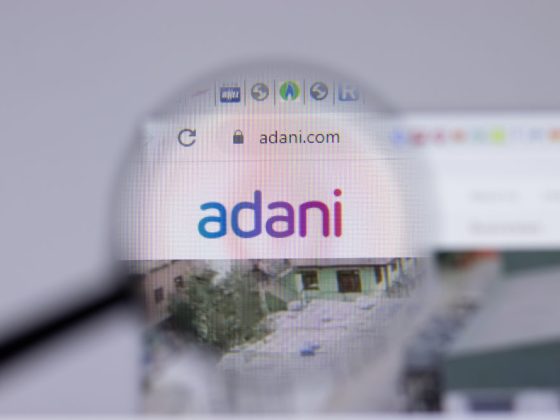The KOSPI index has remained on edge as concerns about the South Korean economy continued. This retreat also happened as the South Korean won remained in a strong downward trend, with the USD/KRW rising to 1,451, up by over 12% from its lowest point this year.
Why the KOSPI index has plunged
There are three main reasons why the KOSPI index has plunged. The most recent reason was the political crisis in the country after the president, Yoon Suk Yeol, announced a state of emergency, followed by an impeachment.
Analysts expect that the political issues will continue in the coming months, which could push foreign investors away from the market.
Further, the KOSPI index has also plunged after Donald Trump won the recent election in the US. He has pledged to reshape the American economy by imposing large tariffs on American allies and foes, especially those with a trade deficit.
Trump has not mentioned South Korea lately, but he will be concerned that the country has a large trade deficit. Data showed that the two countries had an annual trade of over $224 billion, with the US exporting goods worth over $94 billion and importing $130 billion.
Trump views a trade relationship in the form of deficits and surpluses. He believes that countries the US has a large deficit with steals from Americans. The reality, however, is that the US lags in the form of exports because of its high cost of doing business.
Third, the KOSPI index has crashed because of the woes surrounding Samsung, the backbone of the South Korean economy. Samsung has lagged behind its global peers, especially in the semiconductor industry, which has pushed its stock much lower.
There are concerns that Trump’s policies on China will have an impact on Samsung and other high-tech companies from South Korea. Trump has already appointed officials like Marco Rubio who are highly critical on China.
The KOSPI index also reacted to this week’s Federal Reserve interest rate decision. In its monetary policy decision, the bank decided to slash interest rates by 0.25% and then hinted that it would deliver two more cuts next year. That hawkish tone led to a crash in most stocks and a surge in US bond yields.
Top KOSPI index companies
Most companies in the KOSPI index have dropped this year. Hanon Systems shares have plunged by over 44% in 2024, while Lotte Energy Materials fell by 40.9%. KG Mobility stock tanked by 56%, as woes in the automobile industry continued.
The other top laggard in the KOSPI index was Lotte Fine Chemical whose stock retreated by 32%, and Hyundai Engineering and Construction whose stock fell by 27%. Lotte Chemical Group fell by 60%, while Hyundai Steel, Iiljin Display, Namyang Dairy, and Isu Chemical were some of the worst-performing companies in the index.
Capro, on the other hand, was one of the best-performing companies in the KOSP index, as it jumped by over 327% this year. Doosan stock is up by 167% this year, while Gaon Cable, SG Choongbang, and Orientbio have risen by over 100%.
KOSPI index analysis
KOSPI chart by TradingView
The daily chart shows that the KOSPI index has been in a strong downtrend in the past few weeks. It has slumped from the year-to-date high of KRW 2,895 to a low of KRW 2,400 as the USD/KRW has surged.
The index formed a death cross pattern as the 200-day and 50-day moving averages crossed each other. This cross is one of the most bearish patterns in the market.
It has moved to the key support at KRW 2,390, where it has failed to move below in the past few months.
Therefore, the path of the least resistance for the index is downwards, with the next point to watch being at KRW 2,300.
The post Here’s why the KOSPI index has plunged this year appeared first on Invezz


